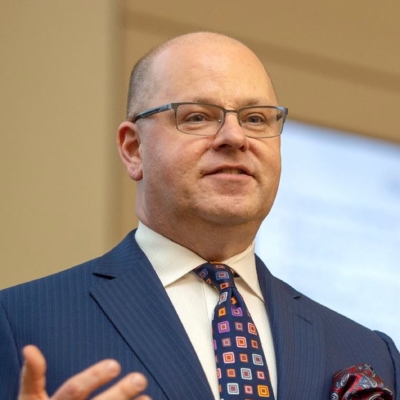At High Court, Just One IP Case That Matters
Summary
The 2017 term at the U.S. Supreme Court looks to be a quiet one for intellectual property. But with one potential bang in the middle.
The high court has put only two IP cases on its docket thus far. Last year, it heard eight. Both of this year’s cases involve the Patent Trial and Appeal Board (PTAB) and will be argued Nov. 27. There aren’t many other obvious IP candidates on the immediate horizon, other than a wonky extraterritoriality case that the court has referred to the solicitor general for a recommendation.
…
Stanford law professor Mark Lemley said WesternGeco is “really interesting from a patent geek perspective.” But, if the court does take it, he expects any impact to be narrow, such as with last year’s Section 271(f) case Life Technologies v. Promega.
…
Stanford law professor Mark Lemley, who’s long argued that juries aren’t needed to determine patent validity, said he’ll be filing an amicus brief opposing Oil States on behalf of a group of law professors. In an interview, Lemley said jury trials aren’t required when the Patent and Trademark Office cancels a registered trademark that’s become generic or when the Federal Communications Commission withdraws a license to broadcast spectrum. So why shouldn’t the PTO have the right to cancel a patent, if it determines it was mistakenly issued, he asks.
Oil States’ supporters argue that, if patent validity is going to be reviewed in an adversarial proceeding as opposed to a traditional PTO re-examination, it must be in an Article III court. But Lemley questions why adding the due process protections of an administrative trial would render the proceeding unconstitutional. “It would be odd if the law required such a thing,” he said.
Still, Lemley said the Supreme Court’s interest in the case worries him and that he could imagine that five justices see an opportunity to pare back the administrative state, “and they’re going to use patent law because there won’t be that much of an outcry outside of the patent bar.”
Asked if there’s a middle ground position the Supreme Court could take, Lemley and Holbrook posit that the court could limit a holding for Oil States to patents issued before the AIA was signed into law in 2011. At that point, patent applicants were on notice of IPRs. That would be “one way to minimize the disruption,” Lemley says.
Read More
